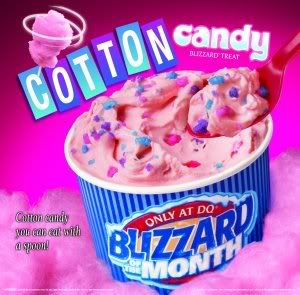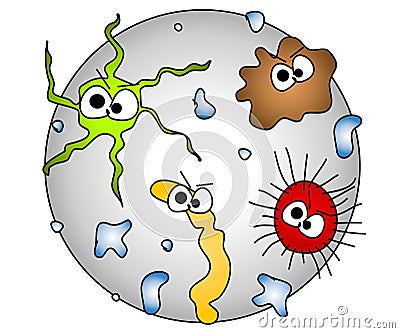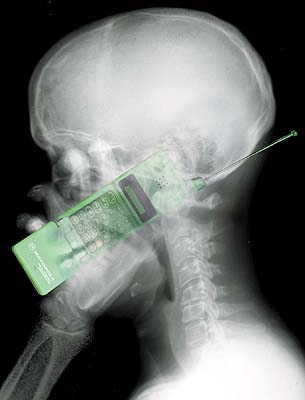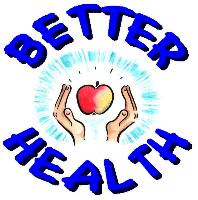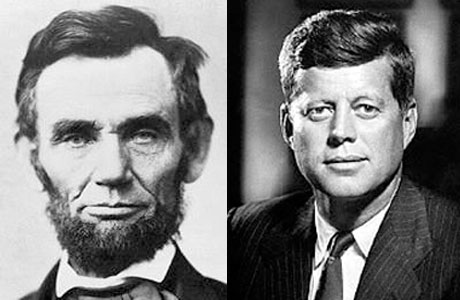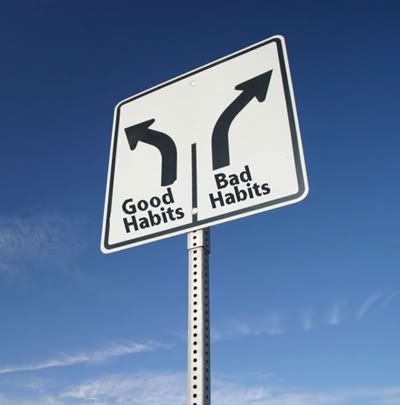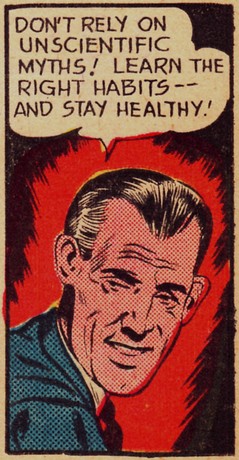
SLEEP RESEARCH
By Rob Stein
Washington Post Staff Writer
Sunday, October 9, 2005; A01
With a good night's rest increasingly losing out to the Internet, e-mail, late-night cable and other distractions of modern life, a growing body of scientific evidence suggests that too little or erratic sleep may be taking an unappreciated toll on Americans' health.
Beyond leaving people bleary-eyed, clutching a Starbucks cup and dozing off at afternoon meetings, failing to get enough sleep or sleeping at odd hours heightens the risk for a variety of major illnesses, including cancer, heart disease, diabetes and obesity, recent studies indicate.
"We're shifting to a 24-hour-a-day, seven-day-a-week society, and as a result we're increasingly not sleeping like we used to," said Najib T. Ayas of the University of British Columbia. "We're really only now starting to understand how that is affecting health, and it appears to be significant."
A large, new study, for example, provides the latest in a flurry of evidence suggesting that the nation's obesity epidemic is being driven, at least in part, by a corresponding decrease in the average number of hours that Americans are sleeping, possibly by disrupting hormones that regulate appetite. The analysis of a nationally representative sample of nearly 10,000 adults found that those between the ages of 32 and 49 who sleep less than seven hours a night are significantly more likely to be obese.
The study follows a series of others that have found similar associations with other illnesses, including several reports from the Harvard-run Nurses' Health Study that has linked insufficient or irregular sleep to increased risk for colon cancer, breast cancer, heart disease and diabetes. Other research groups scattered around the country have subsequently found clues that might explain the associations, indications that sleep disruption affects crucial hormones and proteins that play roles in these diseases.
"There has been an avalanche of studies in this area. It's moving very rapidly," said Emmanuel Mignot of Stanford University, who wrote an editorial accompanying the new obesity study in the October issue of the journal Sleep. "People are starting to believe that there is an important relationship between short sleep and all sorts of health problems."
Not everyone agrees, with some experts arguing that any link between sleep patterns and health problems appears weak at best and could easily be explained by other factors.
"There are Chicken Little people running around saying that the sky is falling because people are not sleeping enough," said Daniel F. Kripke of the University of California at San Diego. "But everyone knows that people are getting healthier. Life expectancy has been increasing, and people are healthier today than they were generations ago."
Other researchers acknowledge that much more research is needed to prove that the apparent associations are real, and to fully understand how sleep disturbances may affect health. But they argue that the case is rapidly getting stronger that sleep is an important factor in many of the biggest killers.
"We have in our society this idea that you can just get by without sleep or manipulate when you sleep without any consequences," said Lawrence Epstein, president of the American Academy of Sleep Medicine. "What we're finding is that's just not true."
While many aspects of sleep remain a mystery -- including exactly why we sleep -- the picture that appears to be emerging is that not sleeping enough or being awake in the wee hours runs counter to the body's internal clock, throwing a host of basic bodily functions out of sync.
"Lack of sleep disrupts every physiologic function in the body," said Eve Van Cauter of the University of Chicago. "We have nothing in our biology that allows us to adapt to this behavior."
The amount of necessary sleep varies from person to person, with some breezing through their days on just a few hours' slumber and others barely functioning without a full 10 hours, experts say. But most people apparently need between about seven and nine hours, with studies indicating that an increased risk for disease starts to kick in when people get less than six or seven, experts say.
Scientists have long known that sleep disorders, such as sleep apnea, narcolepsy and chronic insomnia, can lead to serious health problems, and that difficulty sleeping may be a red flag for a serious illness. But the first clues that otherwise healthy people who do not get enough sleep or who shift their sleep schedules because of work, family or lifestyle may be endangering their health emerged from large epidemiological studies that found people who slept the least appeared to be significantly more likely to die.
"The strongest evidence out there right now is for the risk of overall mortality, but we also see the association for a number of specific causes," said Sanjay R. Patel of Harvard Medical School, who led one of the studies, involving more than 82,000 nurses, that found an increased risk of death among those who slept less than six hours a night. "Now we're starting to get insights into what's happening in the body when you don't get enough sleep."
Physiologic studies suggest that a sleep deficit may put the body into a state of high alert, increasing the production of stress hormones and driving up blood pressure, a major risk factor for heart attacks and strokes. Moreover, people who are sleep-deprived have elevated levels of substances in the blood that indicate a heightened state of inflammation in the body, which has also recently emerged as a major risk factor for heart disease, stroke, cancer and diabetes.
"Based on our findings, we believe that if you lose sleep that your body needs, then you produce these inflammatory markers that on a chronic basis can create low-grade inflammation and predispose you to cardiovascular events and a shorter life span," said Alexandros N. Vgontzas of Pennsylvania State University, who recently presented data at a scientific meeting indicating that naps can help counter harmful effects of sleep loss.
Other studies have found that sleep influences the functioning of the lining inside blood vessels, which could explain why people are most prone to heart attacks and strokes during early morning hours.
"We've really only scratched the surface when it comes to understanding what's going on regarding sleep and heart disease," said Virend Somers of the Mayo Clinic in Rochester, Minn. "I suspect as we understand more about this relationship, we'll realize how important it really is."
After several studies found that people who work at night appear unusually prone to breast and colon cancer, researchers investigating the possible explanation for this association found exposure to light at night reduces levels of the hormone melatonin. Melatonin is believed to protect against cancer by affecting levels of other hormones, such as estrogen.
"Melatonin can prevent tumor cells from growing -- it's cancer-protective," said Eva S. Schernhammer of Harvard Medical School, who has conducted a series of studies on volunteers in sleep laboratories. "The theory is, if you are exposed to light at night, on average you will produce less melatonin, increasing your cancer risk."
Other researchers are exploring a possible link to other malignancies, including prostate cancer.
"There's absolutely no reason it should be limited to breast cancer, and it wouldn't necessarily be restricted to people who work night shifts. People with disrupted sleep or people who are up late at night or get up frequently in the night could potentially have the same sort of effect," said Scott Davis of the University of Washington.
The newest study on obesity, from Columbia University, is just the latest to find that adults who sleep the least appear to be the most likely to gain weight and to become obese.
Other researchers have found that even mild sleep deprivation quickly disrupts normal levels of the recently discovered hormones ghrelin and leptin, which regulate appetite. That fits with the theory that humans may be genetically wired to be awake at night only when they need to be searching for food or fending off danger -- circumstances when they would need to eat to have enough energy.
"The modern equivalence to that situation today may unfortunately be often just a few steps to the refrigerator next door," Mignot wrote in his editorial.
In addition, studies show sleep-deprived people tend to develop problems regulating their blood sugar, which may put them at increased risk for diabetes.
"The research in this area is really just in its infancy," Van Cauter said. "This is really just the tip of the iceberg that has just begun to emerge."
© 2005 The Washington Post Company
 From Shereen Jegtvig:
From Shereen Jegtvig:
